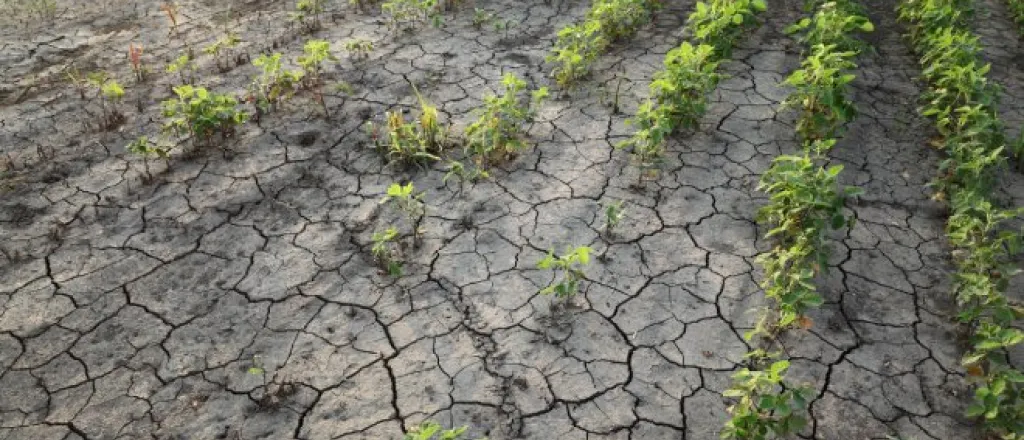
The most common mistakes beginner farmers make
©
Starting a farm is an exciting and rewarding business endeavor, but without careful planning, it can quickly become overwhelming. Many beginner farmers make avoidable mistakes that hinder progress and profitability. Understand these common mistakes beginner farmers make to set yourself up for long-term success in your agricultural career.
Overwatering crops and fields
One of the most common mistakes beginner farmers make is overwatering their crops. While water is essential for plant growth, too much of it can do more harm than good. Overwatering can lead to root rot, mold growth, oxygen deprivation, and diminished soil quality, all of which can severely impact your plants’ health and your farm’s productivity.
Crops have varying water requirements, and factors like soil type, plant age, and growth stage determine how much water they’ll need. Take the time to understand your crops’ needs, and develop an efficient irrigation schedule tailored to them. You may also want to explore the latest trends in smart irrigation technology for systems that can supply and monitor water and crop quality automatically.
Not paying attention to soil health
Healthy soil is the foundation of a successful farm, yet many beginners neglect it in favor of focusing on crops. Soil that lacks vital nutrients or has imbalanced pH levels will limit crop growth and reduce yields.
To avoid this, practice regular soil testing. This technique helps identify nutrient deficiencies so you can make the necessary adjustments, such as adding compost or organic matter. Prioritizing soil health early on leads to better long-term productivity and sustainability for your farm.
Planting too much at the start
Ambition is admirable, but trying to manage too many crops at the beginning can backfire. Overplanting wastes water, fertilizer, and labor resources. It also makes it harder to care for and harvest all your crops, leading to lower quality produce and higher stress.
Start with a manageable number of crops, and gradually expand as you gain experience and confidence in your farming skills.
Lack of planning and market research
Many beginner farmers leap headfirst into farming without a solid plan or understanding of their target market, which can lead to financial losses. Before planting, understand the demand for certain crops in your region. Factor in competition, potential buyers, and the best sales channels for your produce.
Additionally, develop a clear business plan outlining your goals, operational costs, and revenue projections. Proper planning ensures you can balance supply and demand while maximizing profitability.
No farmer gets everything right the first time, and mistakes are an inevitable part of the learning process. However, avoiding these common beginner farming mistakes will save time, money, and resources while increasing your chances of success.
Farming is as much about adaptability as it is about hard work. Take every mistake as an opportunity to learn and improve your methods to grow a thriving, sustainable farm.

















